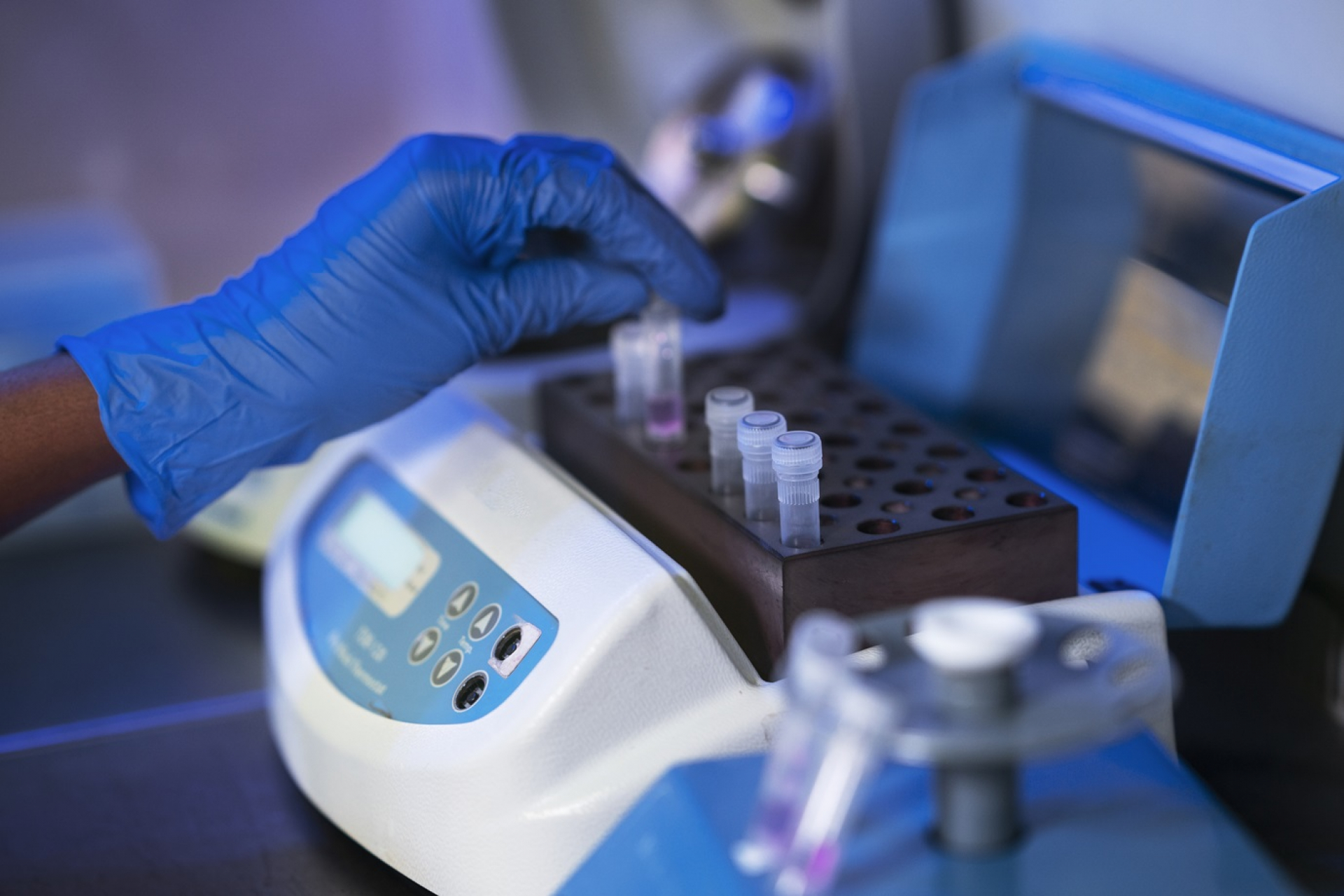Molecular diagnostic testing is a combination of traditional laboratory diagnostics and the accuracy of molecular biology that studies the products encoded in the genes and genomes of human, viral, and microbial organisms. Molecular diagnostic tests are being used to replace numerous conventional diagnostic tests in the fields of infectious diseases, oncology, clinical genetics, and clinical chemistry to enhance the precision and pace of diagnostic testing, which helps to analyze patients' test samples for abnormalities and is becoming a crucial component of patient-tailored interventions and medicines.
Importance of Molecular Diagnostics
Molecular diagnostics has revolutionized healthcare by providing accurate and timely insights about the health status of an individual by analyzing genetic material like deoxyribonucleic acid (DNA) and ribonucleic acid (RNA) with the help of advanced techniques for detecting, diagnosing, and monitoring a disease at the molecular level. The significance of molecular diagnostics can be highlighted through the following points:
- Accurate diagnosis by reducing false positives/negatives
- Early identification of diseases, even before the symptoms appear
- Personalized medicine involving designing treatment options based on genetics
- Diagnosis and treatment of cancer by identifying specific genetic mutations
- Analyzing the effect of drug metabolism because of an individual’s genetic variations
- Determining microbial resistance patterns that help in guiding the selection of antibiotics to fight infections
Techniques Involved in Molecular Diagnostics
The various techniques involved in molecular diagnostics include:
Polymerase Chain Reaction (PCR): In this technique, DNA sequences are amplified from a very small amount of genetic material in a clinical sample. It is the most commonly used molecular diagnostic tool for detecting infectious diseases.
Clustered regularly interspersed short palindromic repeats (CRISPR): A technique that selectively modifies the DNA of a living organism without any amplification of the genes.
Signal amplification: These tests are designed to amplify and quantify the signals derived from target DNA or RNA found in clinical samples. This is the most popular non-PCR molecular diagnostic test that helps diagnose viruses.
Nanopore sequencing: It is a molecular diagnostic tool for detecting the precise sequence of nucleotides or bases in DNA.
Genotyping: This technique involves the sequencing of specific nucleotides or bases of DNA to identify high-risk strains and anti-microbial resistant organisms.
Applications of Molecular Diagnostics in Disease Detection
Advances in molecular diagnostics have resulted in more effective ways of diagnosing infectious diseases with high specificity and sensitivity and a quicker turnaround time.
The use of molecular diagnostic techniques allows for the detection of various pathogens and the analysis of their drug-resistance genes, which is vital for the early diagnosis and identification of infectious diseases. Similarly, in the fields of genetic testing and cancer, molecular diagnostics deliver an in-depth evaluation of a person's genetic structure and the examination of tumours with distinct genetic alterations, assisting in the development of targeted therapies that can predict treatment responses and track disease progression.
Advantages of Molecular Diagnostics
Innovations in molecular diagnostics have played a crucial role in advancing personalized medicine, making it possible to design treatment plans that align with the unique genetic traits of each individual.
Certain diseases can often be diagnosed and detected without any noticeable clinical symptoms using molecular diagnostic tests, which can significantly improve outcomes by preventing their progression. Recognizing particular genetic alterations plays a crucial role in selecting targeted therapies that specifically combat these underlying genetic issues, leading to a more effective treatment plan. This process also allows for ongoing evaluation of disease progression and treatment effectiveness, making it possible to modify therapies as required. Additionally, these techniques can identify genetic risks for certain conditions, encouraging individuals to implement preventive measures such as lifestyle changes and early screenings, which may help decrease the risk of disease onset.
Challenges and Limitations of Molecular Diagnostics
Despite the immense advancements in molecular diagnostics, several challenges exist that must be addressed. The requirement for defined techniques, specialized expertise, quality control, and the interpretation of complicated data all limit the wider adoption of molecular diagnostics. In addition, the barriers of accessibility, affordability, and infrastructure needs persist, limiting the extensive use of molecular diagnostics. However, the advancements and increased awareness of molecular diagnostic testing may mitigate these challenges soon.
Future Impact of Molecular Diagnostics
With advancements in technology, the future of molecular diagnostics appears promising. The development of miniaturized devices, point-of-care testing, improvements in genomic technologies, and using novel techniques such as liquid biopsy, where the genetic material from the circulating bodily fluids is analyzed, builds the scope for molecular diagnostics. The use of artificial intelligence (AI) and machine learning algorithms improves the speed, precision, and analysis of molecular data by identifying patterns and correlations that have escaped human analysis, allowing for highly accurate and personalized diagnoses and treatments for individuals.
Molecular diagnostics have revolutionized healthcare and the field of medicine by enabling and empowering healthcare professionals with accurate and early detection, diagnosis, and monitoring of diseases at the genetic level. The application of molecular diagnostics in the fields of personalized medicine, oncology, infectious diseases, and genetics has upgraded patient care and treatment strategies. Advancements in technology and reduced costs are paving the way for molecular diagnostics to be a fundamental part of disease management, risk assessment, and maximizing the personalization of medical treatments.


